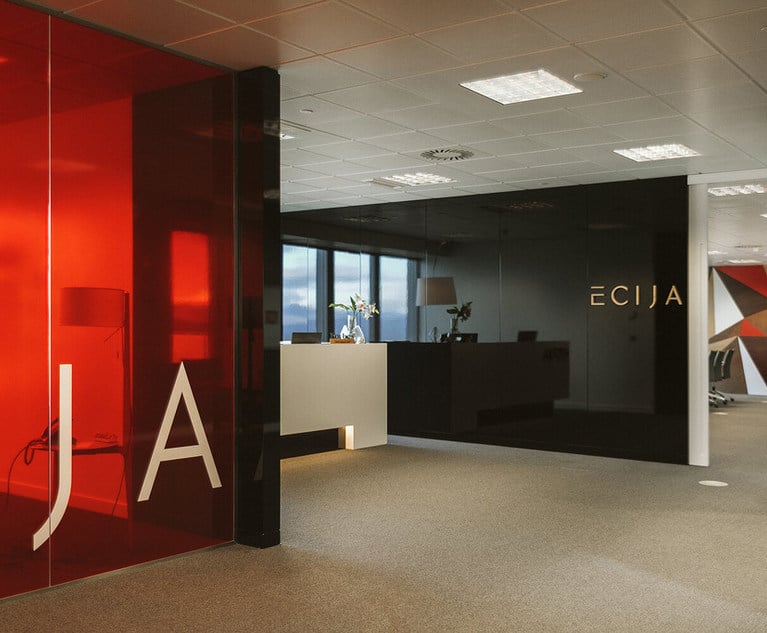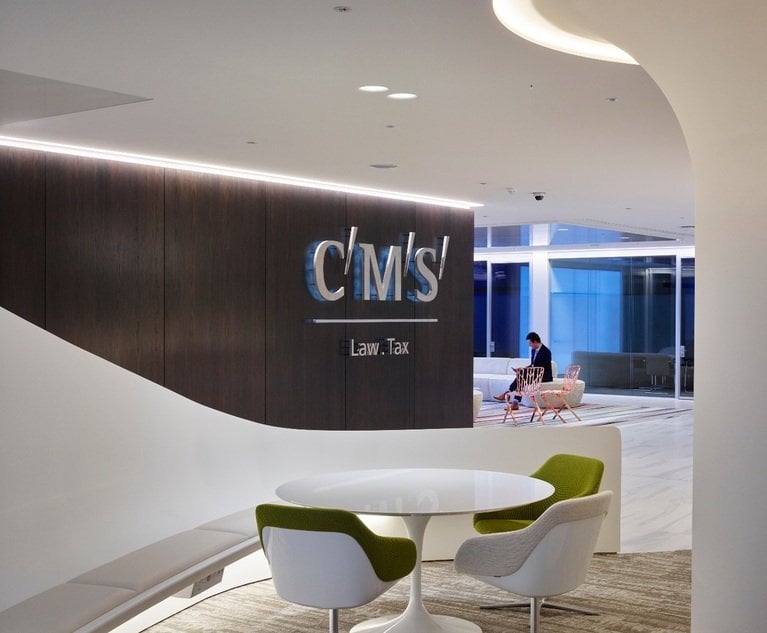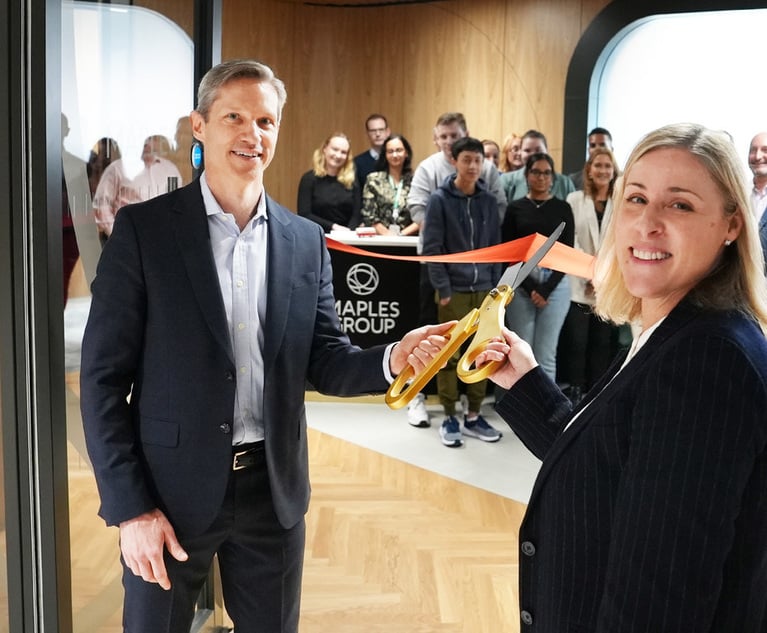A few weeks ago, the M&A lawyers at Kramer Levin Naftalis & Frankel in Paris decided to start holding twice-daily team meetings, at 9 a.m. and 4 p.m., by videoconference—even though all the participants were in the office.
The virtual meetings, according to co-managing partner Dana Anagnostou, were designed to simulate remote working conditions in case the COVID-19 outbreak turned into a pandemic that sent everyone off to work at home until further notice. That state of affairs came to pass last week with the first government announcements of school closings, shop closings, and restricted travel to help contain the spread of the virus.
But while the meetings achieved their stated purpose of keeping the lawyers in touch over their work and getting them ready for the next phase of the crisis, they have also provided something just as important: social contact.
“We found that while of course we start with what’s ahead and what we’re working on, we spend almost as much time talking about life things: How are the kids? What’s for dinner? What’s good on TV?” Anagnostou said. “For lawyers who thrive on the human side of our business, that’s essential—especially under stress—and it’s something we’re going to be missing.”
Like the vast majority of law firms in Paris, Kramer Levin has now gone to full remote working for its professional staff. Some firms are keeping their offices open for client meetings by appointment only, but lawyers say even that presence will probably peter out as clients themselves are under government orders to stay home as much as possible.
As France adjusts to a cascade of new restrictions—the latest, announced Monday evening by President Emmanuel Macron, includes confinement at home for at least two weeks except for “strictly necessary” errands like food shopping, doctor visits, and work that cannot be done at home—law firms are finding that they have already made much of the adjustment.
Lawyers point out that French firms have had at least three dress rehearsals for working under disruption in the past two years: the income-inequality protests of 2018-2019 led by the “yellow vests,” or gilets jaunes; the public transit strikes over pension reform late last year; and the lawyers’ strikes, also over pension reform, this year.
And they assert that after the first COVID-19 restrictions were announced Feb. 29—a ban on gatherings of more than 5,000 people—they have used their time to fine-tune their systems and test them on themselves before advising clients how to prepare and plan.
“Anything can happen, of course, but for the most part we are super-calm about how this will work,” Alexandra Berg-Moussa, an IT and competition partner at August Debouzy, told Law.com International last week, before the most recent round of restrictions.
The technical challenges of working from home are more or less the same for most law firms, French or otherwise: making sure all lawyers and assistants have firm-issued laptops and mobile phones, as well as remote access to secure networks for teleconferencing among themselves and with clients.
Last week, before the work-from-home decree came down, Kramer Levin stress-tested its remote network by having all staff log in at the same time from outside the office. It worked, Anagnostou said.
“It sounds strange to say it, but the gilets jaunes helped us a lot,” said Marie Danis, a litigation and arbitration partner at August Debouzy. Because those street protests frequently turned confrontational and even violent, “they made it difficult at times for everyone to come in to work safely, so we started anticipating working from home in large numbers and teleconferencing with our clients,” she said.
Printing secure documents at home from a non-secure printer, which might have been an issue in the past, is almost a non-issue now that lawyers are more used to working on electronic documents, often on a second desktop screen, lawyers said.
“We don’t print that much anyway,” Danis said. “It’s better for the planet.”
While the technical challenges seem to be in hand, lawyers said the social challenges of working at home might take some time to resolve—especially when it involves the entire firm for an indefinite period, as opposed to a handful of telecommuters on a given day.
“If you are the kind of person who likes to stroll down the hall to talk to a colleague, working at home on your own is a big adjustment,” Anagnostou said. “It may be less stressful and more productive for some, but not for others.”
The stress may be especially acute for working parents—lawyers and administrative staff alike—now that France has closed all schools and day care centers until further notice to help stem the spread of the virus.
Lawyers said they anticipated the school closings because they saw similar measures imposed in Italy, which is a few weeks ahead of France in battling the pandemic. The government has offered financial support for parents who need either to hire help or to take time off to care for children at home while the measures are in force.
Law firms say they are doing their part, often by letting each practice group find the solution for working parents that works best for the team, and by managing expectations—for example, that a colleague working at home with small children may not answer the phone right away.
“We communicate about these kinds of issues all the time,” said Olivier Vermeulen, partner and chair of the Paris office of Paul Hastings in Paris. “Even when there is not a crisis.”
NOT FOR REPRINT
© 2024 ALM Global, LLC, All Rights Reserved. Request academic re-use from www.copyright.com. All other uses, submit a request to [email protected]. For more information visit Asset & Logo Licensing.










